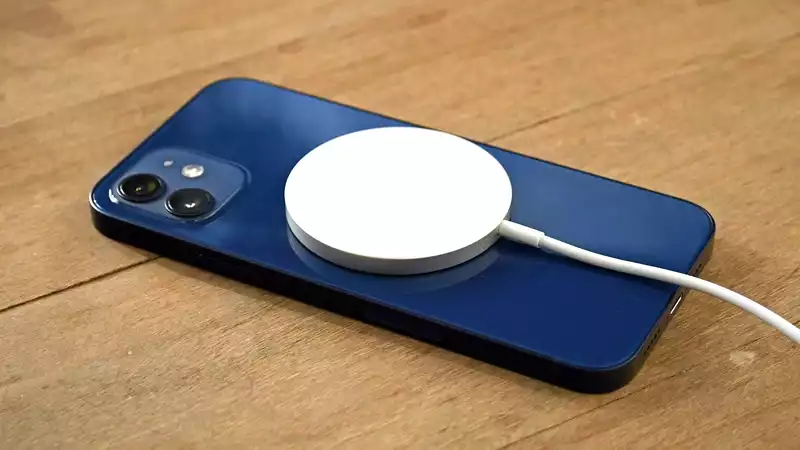Do you know how fast the iPhone 12 charges? Apple's current marketing materials for the phone promise a 50% charge in 30 minutes. However, this straightforward fact that it halves in 30 minutes hides an embarrassing truth that Apple really needs to fix for the iPhone 13.
Rumors over the past week have repeated existing claims that the iPhone 13 line will feature a new high-capacity battery. This is a nice improvement to make for this year's iPhones, and the softboard battery technology sounds very clever. However, with more milliamp hours to fill, Apple's need for faster charging standards will be greater.
So let's return to the question at the beginning--how fast is the iPhone 12's charging speed? The iPhone 12 Pro, which I use as my everyday phone, has the same 3,180 mAh battery as the base iPhone 12. This is considerably smaller than comparable Android phones with 4,000-5,000 mAh batteries; even the larger iPhone 12 Pro Max with its 6.7-inch frame has only a 3,687 mAh battery.
I charged the iPhone from 0% using Apple's official 20W charger. This is the maximum wattage to power up the iPhone 12, but Apple no longer offers the charger, so it had to be purchased separately.
It took 15 minutes to power up the phone to 28% and 30 minutes to get it to 55%. This speed is fine, but not as fast as the iPhone's competitors produce.
Looking at the phones with the fastest charging, the OnePlus 9 Pro at the top of the list can be charged to 99% in the same amount of time it takes an iPhone to fill half of its battery using the included 65W charger.
In practice, it takes two hours for an iPhone to charge to 99%. Due to the design of rechargeable batteries, this is not uncommon for cell phones, but it seems unreasonable that one of the best phones on the market should take this long to fully power up.
If the rumors are correct and the iPhone 13's battery capacity is larger (up to 18% larger in the case of the iPhone 13 Pro Max), charging times will only get longer as a result. So far, there have been no solid rumors that the new iPhones will charge faster, and with only about a month left until the iPhone launch, which usually takes place in September, there is not much time for major new rumors, which makes us hope that Apple will address a major shortcoming of the phone.
Apple has taken some good steps in recent years regarding charging; until the introduction of 15W charging in the iPhone X and iPhone 8 series, all iPhones were charged at a slower speed of 5W. That increased again to 18W with the iPhone 11 and reached the current 20W system with the iPhone 12. The same was true for wireless charging, which went from a basic 5W to 15W with a MagSafe pack connected to a 20W charger. However, while this is an improvement, it is still not as good as others available on the Android side.
This is not to say that Apple cannot do things differently from Samsung, OnePlus, and others. Apple has proven time and time again that it can lead its competitors without rushing to adopt their features. However, in this case, I think Apple needs to continue to upgrade the features as they are very basic for a flagship phone.
There are possible reasons why Apple has not prioritized charging in the same way. The biggest reason I can think of is that many of us charge our phones for hours throughout the night, so as long as they are at 100% in the morning, it makes no difference how fast they power up. However, with fast charging, we can easily power up our phones to full capacity even when we are short on time.
Fast charging speed is just as essential as a tough display or water and dust resistance. If all is well, you won't notice those features, but you'll want them in an emergency.
We are well aware that Apple intends to sell millions of new iPhone 13s, whether they charge at 20W, 30W, or even 150W. However, if charging speeds remain unchanged, they will not be able to make real innovations in other areas, such as battery life.
.









Comments